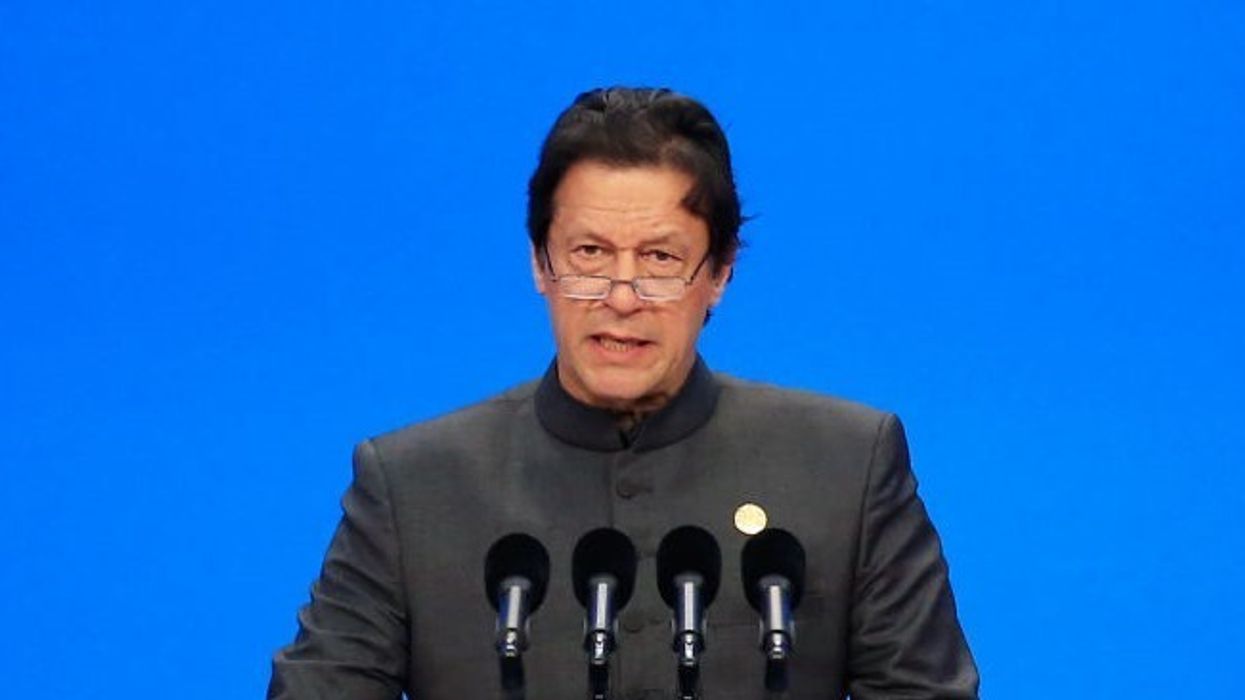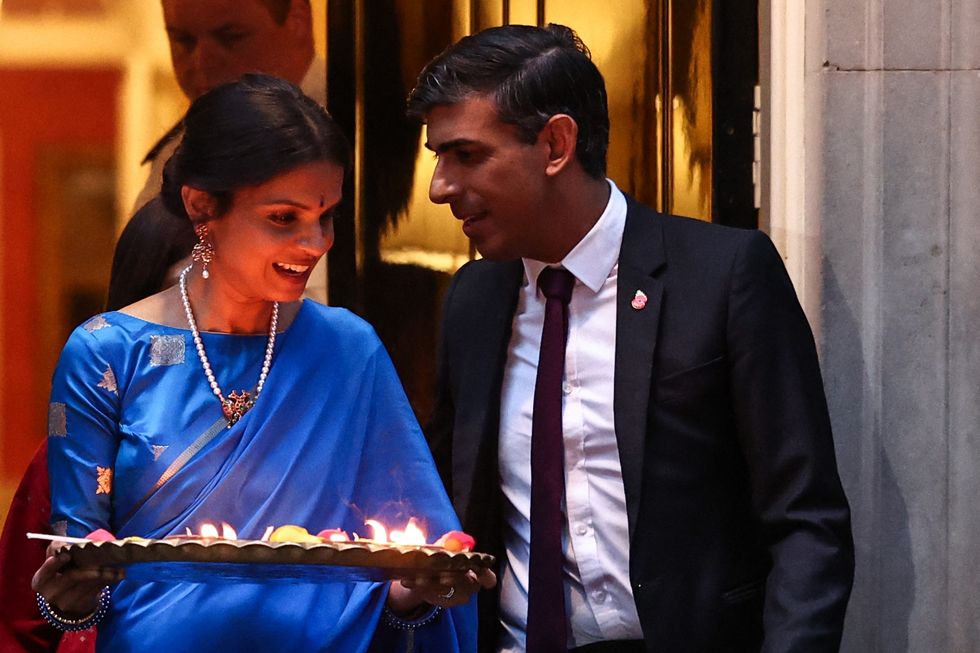PAKISTAN prime minister Imran Khan on Friday (17) said a "new reality" has been established in Afghanistan after the Taliban seized power in Kabul.
It is now in the international community's "collective interest" to ensure that there is no renewed conflict in the war-torn country and it will never again become a safe haven for terrorists, he said.
Addressing the 21st Shanghai Cooperation Organisation Council of Heads of State (SCO-CHS) Summit in Tajikistan's capital Dushanbe, Khan said it should be a matter of relief for the world that the takeover of Afghanistan by the Taliban and the full withdrawal of foreign forces from the country happened "without bloodshed, without civil war, and without mass exodus of refugees".
Pakistan, which had suffered due to the spillover of conflict and instability in Afghanistan, had an interest in a peaceful and stable Afghanistan, he said.
“The sudden change of the previous government which surprised everyone, the takeover by the Taliban, and the full withdrawal of foreign forces, have established a new reality in Afghanistan.”
“We must remember that the previous government depended heavily on foreign aid and its removal could lead to economic collapse. This is a moment to stand by the Afghan people, firmly and unequivocally,” he said.
He said the Taliban rulers should make good on their commitments.
"The Taliban must fulfil the pledges made above all for an inclusive political structure where all ethnic groups are represented. This is vital for Afghanistan's stability," he said.
The history of Afghanistan bears witness to the fact that the country values its sovereignty and cannot be controlled from outside, he said, adding that he believes that a positive engagement of the international community with Afghanistan is “extremely important”.
“There is a rare opportunity to finally end the 40 years of war in Afghanistan; this moment should not be squandered,” he said.
It would be unwise at this critical juncture to spread negativity, or indulge in mischievous propaganda, as some spoilers have sought to do, he said, adding that this will only serve to undermine the prospects for peace, to the detriment of Afghan people.
On the question of Covid-19's origin, Khan backed Pakistan's “all-weather ally” China.
“We believe science should continue to guide the world's efforts as it combats the pandemic. Attempts to politicise the question of virus origin should be avoided as it is divisive at a time when the world needs to unite,” he said.
On the issue of terrorism, he said, “As the world marked the 20th anniversary of the 9/11 attacks, we were all reminded that despite the international community's earnest efforts, the threats posed by terrorism still persist.”
“Associating one religion with terrorism has enabled far-right, populist and supremacist groups around the world to propagate, multiply and accumulate influence.”
"In some cases, such extremist and bigoted ideologies have ascended to capture the state power in so-called democracies," Khan said without naming any country.
“The fight against terror would not be won if we ignore these threats and challenges, the biggest of which is state terrorism, perpetrated against people living under foreign occupation in disputed territories," he said.
Khan said Pakistan has suffered over 80,000 casualties and economic losses in excess of $150 billion (£109bn), apart from millions with internal displacement.
Addressing threats to international and regional peace and security is a vital interest for the SCO.
“We believe faithfully implementing UN Security Council resolutions for peaceful settlement of outstanding disputes is a necessary condition for peace, and indispensable for creating an environment of cooperation.”
“Unilateral and illegal measures to change the status of disputed territories in violation of Security Council resolutions run counter to this objective. Such measures must be condemned and opposed firmly for being in violation of the SCO Charter and its well-established principles of inter-state relations,” Khan said.
The eight-member SCO grouping of China, Russia, Kazakhstan, Kyrgyzstan, Tajikistan, Uzbekistan, India and Pakistan is holding its 21st summit at Dushanbe. Afghanistan is an observer in the SCO.

















 Rishi Sunak and Akshata Murty. (Photo by HENRY NICHOLLS/AFP via Getty Images)
Rishi Sunak and Akshata Murty. (Photo by HENRY NICHOLLS/AFP via Getty Images) 

